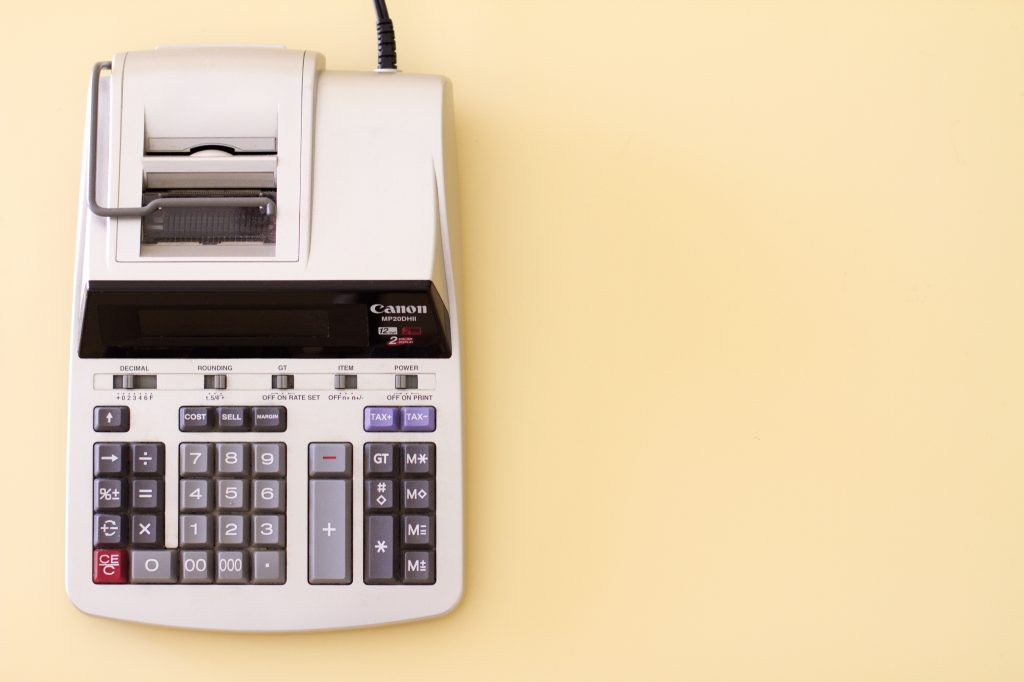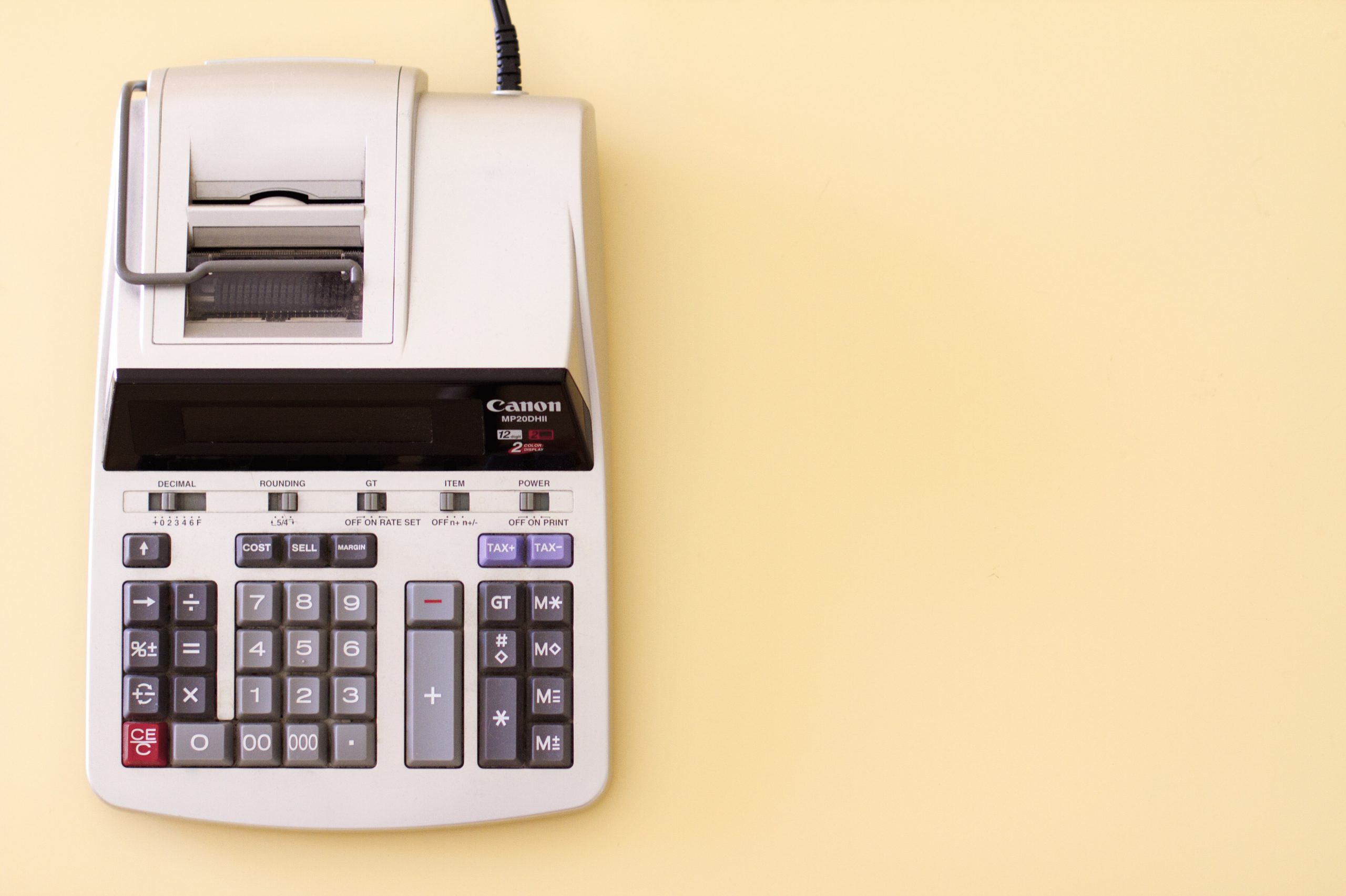“Law 11/2021, of July 9, on measures to prevent and combat tax fraud, transposing Council Directive (EU) 2016/1164, of July 12, 2016, laying down rules against tax avoidance practices that directly affect the functioning of the internal market, amending various tax rules and on the regulation of gambling.” It includes a set of requirements for producers, marketers and users of computer or electronic systems and programs that support the accounting, invoicing or management processes of those who carry out economic activities.
In order to prevent the production and possession of computer programs and systems that allow the manipulation of accounting and management data, Article thirteen of Law 11/2021 amends the text of Law 58/2003, of December 17, 2003, General Tax Law, establishing a new formal obligation in section 2 of Article 29, through a new letter j) which has the following wording*:
“j) the obligation, on the part of producers, marketers and users, that the computer or electronic systems and programs that support the accounting, invoicing or management processes of those who develop economic activities, guarantee the integrity, conservation, accessibility, legibility, traceability and inalterability of the records, without interpolations, omissions or alterations that are not duly noted in the systems themselves. Regulations may establish technical specifications to be met by such systems and programs, as well as the obligation for them to be duly certified and use standard formats for their legibility.”
*this is not an official translation
The same article 13 creates a new article 201 bis in Law 58/2003, of December 17, 2003, General Tax Law*:
Article 201 bis. Infringement for the manufacture, production, commercialization and possession of computer systems that do not comply with the specifications required by the applicable regulations.
1. The manufacture, production and commercialization of computer or electronic systems and programs that support the accounting, invoicing or management processes by the persons or entities that carry out economic activities, when any of the following circumstances concur, constitutes a tax infringement:
a) they make it possible to keep different accounting records under the terms of Article 200.1.d) of this Law;
b) they allow not reflecting, totally or partially, the annotation of transactions carried out;
c) they allow the recording of transactions other than the entries made;
d) allow the alteration of transactions already recorded in breach of the applicable regulations;
e) do not comply with the technical specifications that guarantee the integrity, conservation, accessibility, legibility, traceability and unalterability of the records, as well as their legibility by the competent bodies of the Tax Administration, under the terms of Article 29.2.j) of this Law;
f) the systems manufactured, produced or marketed are not certified, being obliged to do so by regulatory provision.
2. The possession of computer or electronic systems or programs that do not comply with the provisions of Article 29.2.j) of this Law, when they are not duly certified when they are required to be certified by regulatory provision or when the certified devices have been altered or modified, shall constitute a tax infringement.
The same person or entity that has been sanctioned in accordance with the previous paragraph may not be sanctioned for the provisions of this paragraph.
3. The infringements provided for in this article shall be serious.
4. The infringement referred to in paragraph 1 above shall be punishable by a fixed pecuniary fine of 150,000 Euros, for each financial year in which sales have taken place and for each different type of computer or electronic system or program that is the object of the infringement. However, the infringements of letter f) of paragraph 1 of this article shall be sanctioned with a fixed pecuniary fine of 1,000 euros for each system or program marketed in which the lack of the certificate occurs.
The infringement indicated in paragraph 2 above shall be sanctioned with a fixed pecuniary fine of 50,000 Euros for each fiscal year, when the infringement is due to the possession of computer or electronic systems or programs that are not duly certified, having to be certified by regulatory provision, or when the certified devices have been altered or modified.
*This is not an official translation*
By the Seventh Final Provision, these amendments come into force three months after the entry into force of the Law, which occurs on October 10, 2021.
Although no technical specifications have been formally published, they do exist for certified digitalization, in particular requirements c) and d) of section 1 of article 7 of

The specifications on invoice records published within the framework of the Immediate Information Supply System (SII) developed as from the publication of “Royal Decree 596/2016, of December 2, for the modernization, improvement and promotion of the use of electronic means in the management of Value Added Tax, amending the Value Added Tax Regulations, approved by Royal Decree 1624/1992, of 29 December, the General Regulation of the actions and procedures of tax management and inspection and development of the common rules of the procedures for the application of taxes, approved by Royal Decree 1065/2007, of 27 July, and the Regulation regulating invoicing obligations, approved by Royal Decree 1619/2012, of 30 November. “
Specifically the “Order HFP/417/2017, of May 12, which regulates the regulatory and technical specifications that develop the keeping of the Value Added Tax Registry Books through the Electronic Headquarters of the State Agency of Tax Administration established in Article 62.6 of the Value Added Tax Regulations, approved by Royal Decree 1624/1992, of December 29, and modifies other tax regulations.” Of special interest is Annex I, which contains the information of the books of records of invoices issued and received, as well as other obligatory books of records.
In this context, EADTrust can carry out consulting and auditing processes to ensure compliance with the objectives of the standard in existing accounting software.
After auditing the compliance with the rules regarding the new obligation of Law 11/2021, of July 9, regarding computer or electronic systems and programs that support accounting, invoicing or management processes, EADTrust issues a certificate of compliance.
Should the AEAT publish additional technical specifications and a certification procedure, EADTrust will accompany the audited entities in the process of certification of their software by the AEAT.
Contact us or call us 902 365 612 or 91 716 055 if you need more information.

